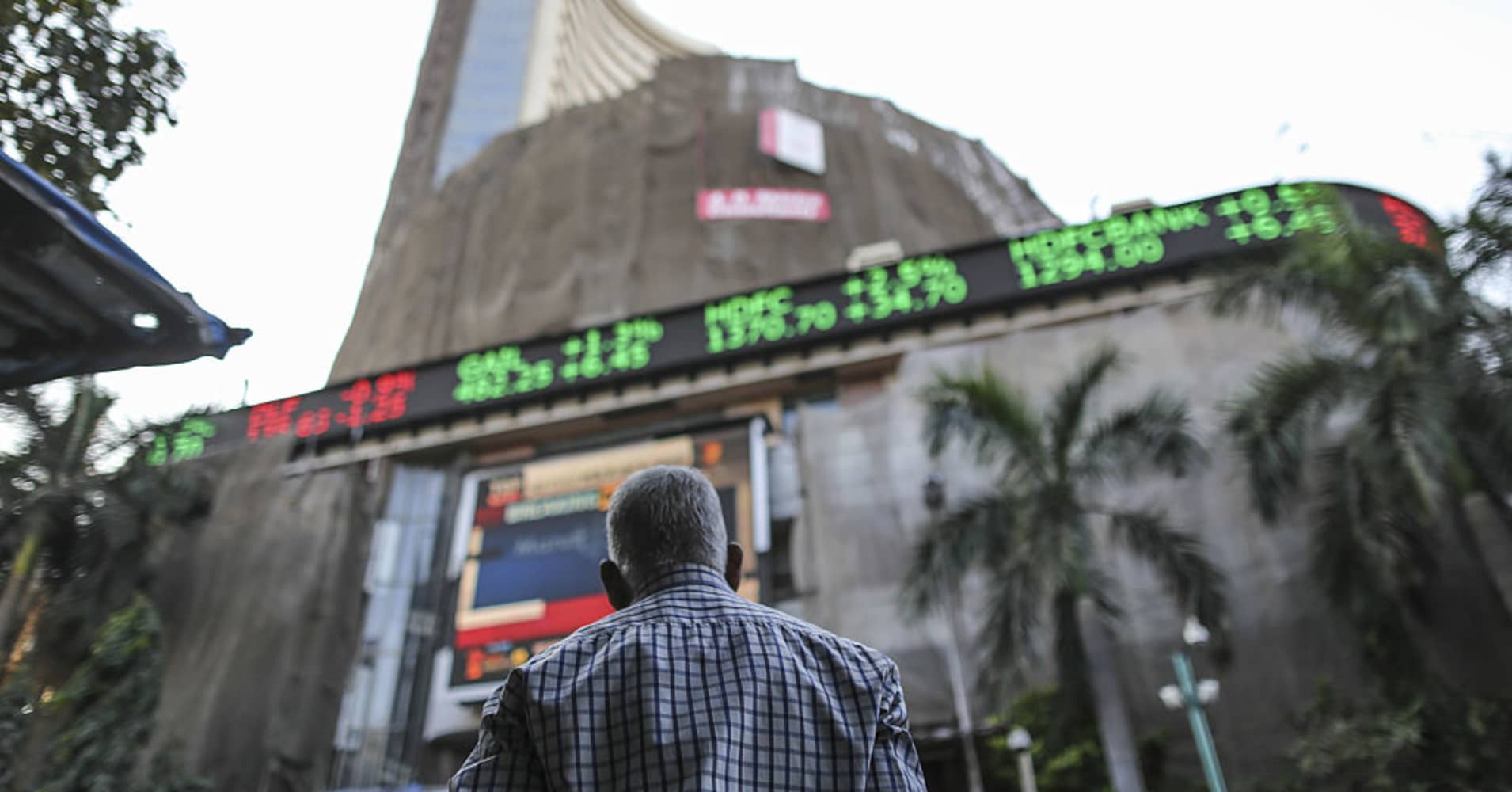 Japanese shares dropped more than 1 percent on average as the yen strengthened against the dollar after the Bank of Japan kept its monetary policy steady as expected on Tuesday.
Japanese shares dropped more than 1 percent on average as the yen strengthened against the dollar after the Bank of Japan kept its monetary policy steady as expected on Tuesday.
The Nikkei Stock Average fell 1.59 percent, while the Topix fell 1.40 percent. The yen strengthened against the dollar, climbing from levels near 113.68 before the BOJ’s decision to around 113.53 at 11:50 a.m. HK/SIN, and stronger than levels near 115.20 touched in the previous week.
Analysts said the BOJ’s decision to stay put on its monetary policy could factor into the Fed’s decision to raise interest rates at a quicker pace this year with as many as three quarter percentage point hikes and push the dollar higher.
“With the Bank of Japan, ECB and Bank of England maintaining super loose monetary policies and Trumponomics set to push the Fed to raise interest rates faster in 2017 and 2018, interest rate differentials favor further appreciation of the dollar against the currencies of other advanced economies,” said Bill Adams, senior international economist at the PNC Financial Services Group in a note.
The yen’s strength on Tuesday sent stocks lower across the board, with export stocks selling off notably.
Elsewhere, government data released Tuesday morning showed Japanese household spending fell 0.3 percent in December from a year earlier, less than the median estimate of a 0.6 percent decline, according to Reuters. Meanwhile, seasonally adjusted jobless rate was flat at 3.1 percent in December, in line with a Reuters estimate, while industrial output rose 0.5 percent in December from a month earlier.
The Dow Jones industrial average fell 122.65 points, or 0.61 percent, to close at 19,971.13. The S&P 500 dropped 13.79 points, or 0.6 percent, to end at 2,280.90. The Nasdaq composite slid 47.07 points, or 0.83 percent, to close at 5,613.71.
“Markets are struggling with the “Jekyll and Hyde” nature of U. S. President Donald Trump,” said analysts at Singapore’s DBS Bank in a note. “Put simply, markets cheered Trump’s expansionist plans in November-December only to come face to face with his protectionist fangs in January. ”
On Tuesday late morning during Asian hours, U. S. futures traded lower; the Dow mini futures were off by 0.24 percent, the Nasdaq e-mini futures down 0.23 percent and the S&P e-mini futures contract slipped 0.25 percent.
In the broader currency market, the dollar fell slightly against a basket of currencies, trading at 100.37. The Australian dollar traded at $0.7567, while the euro fetched $1.0697.
Oil prices also declined on Monday on the back of news that pointed to weekly increase in U. S. drilling activity. The number of active U. S. oil rigs rose last week to the highest level since November 2015, Reuters reported citing Baker Hughes data.
On Tuesday, U. S. crude continued the downward trend to trade lower by 0.38 percent at $52.43 a barrel, after finishing down 54 cents at $52.63 a barrel during U. S. hours on Monday. Global benchmark Brent slipped 0.13 percent on Tuesday to $55.16.
Markets in China and Hong Kong are closed for the Lunar New Year public holidays.






